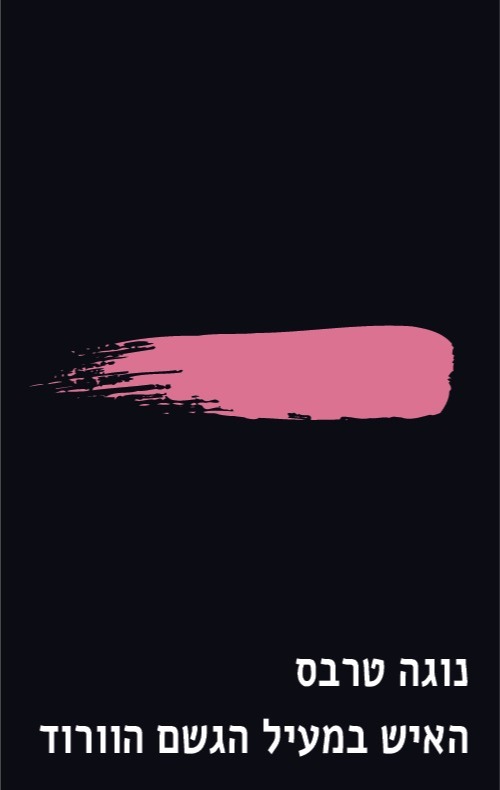
The Man in the Pink Raincoat
The coat of the title belongs to André, a handsome, enigmatic French dancer, who arrives one day at a kibbutz guest house with his friends Jennifer and Hans, and stays for three days. His pink coat, pale like the shade of a conch shell, is the focus of longings of the narrator, a nameless woman who lives in the kibbutz but came from elsewhere. The two have a three-day affair which she calls “an étude, or an interlude”. It ends when the Frenchman drives away in a taxi. Both have vague identities: he is from Alsace; she has come to the kibbutz after a disappointment in Love.
The slight plot is secondary. A love story in the romantic manner, it in fact defies the formula at every turn. Expectations build up like many-hued bubbles, but pop in the air. The disappointments accumulate during the story, building to one enormous sorrow, a mountain of yearnings.
The Man in the Pink Raincoat actually revolves around an invisible center in the form of a human male. He is a bundle of qualities but has no individuality. He is the essence of a longed-for male, with an erotic dimension, devoid of time, place, culture or history.

-
“This is not a story that follows a routine formula … Clearheadedly and cleverly, Treves tells a love story on a number of levels … She immerses us in the atmosphere of a magical fable … It would have been easy to slide into sickly sweet melodrama or a cynical, wiseacre, uncompassionate narrative. Noga Treves overcomes these landmines by using sophistication and wit, and by means of crystalline precision in her descriptions. We do not have the space to enumerate all of the superlatives of this unique and promising novella. All that can be done is to recommend reading and rereading it, and to find within it each time a new, refreshing and inspiring statement. ”
-
“[This book is deserving of the prize because of] the wisdom in it, the freshness, the humor. This is humor that omits arrogance and pomposity from the words and comes so close to the reader that it touches them. ”
-
“A story full of poetry and serenity. Many readers may find their own feelings reflected here.”
-
“Delicate, poetical, with a sense of humor and no happy ending – an enrichment to any library.”
-
“ One of the most impressive and promising writers to emerge from the 80s. ”
